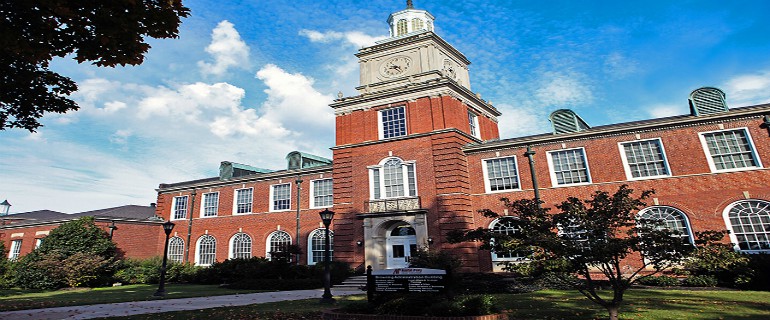
Why Study in Austin Peay State University
Austin Peay State University is accredited by the Southern Association of Colleges and Schools Commission on Colleges to award associate, baccalaureate, master’s, education specialist, and doctorate degrees. Contact the Southern Association of Colleges and Schools Commission on Colleges at 1866 Southern Lane, Decatur, Georgia 30033-4097, or call (404) 679-4500 for questions about the accreditation of Austin Peay State University. The Commission is to be contacted only if there is evidence that appears to support an institution's significant non-compliance with a requirement or standard.
Austin Peay has numerous programs accredited through special program accreditation agencies. These accreditations are earned after rigorous evaluation and proof of excellence within of the field of study and degree level. These program accrediting agencies are on the Tennessee Higher Education Commission’s list of approved accreditors.
Austin Peay State University is a comprehensive university committed to raising the educational attainment of the citizenry, developing programs and services that address regional needs, and providing collaborative opportunities that connect university expertise with private and public resources. Collectively, these endeavors contribute significantly to the intellectual, economic, social, physical, and cultural development of the region. APSU prepares students to be engaged and productive citizens, while recognizing that society and the marketplace require global awareness and continuous learning.
- Offering undergraduate, graduate, and student support programs designed to promote critical thinking, communication skills, creativity, and leadership;
- Expanding access opportunities and services to traditional and nontraditional students, including the use of multiple delivery systems, flexible scheduling, and satellite locations;
- Promoting equal access, diversity, an appreciation of all cultures, and respect for all persons;
- Serving the military community at Fort Campbell through complete academic programs;
- Providing academic services that support student persistence to graduation;
- Fostering a positive campus environment that encourages active participation in university life; and
- Developing programs (credit and noncredit), conducting research, and providing services that contribute significantly to the quality of life, learning, and workforce development needs of the region.